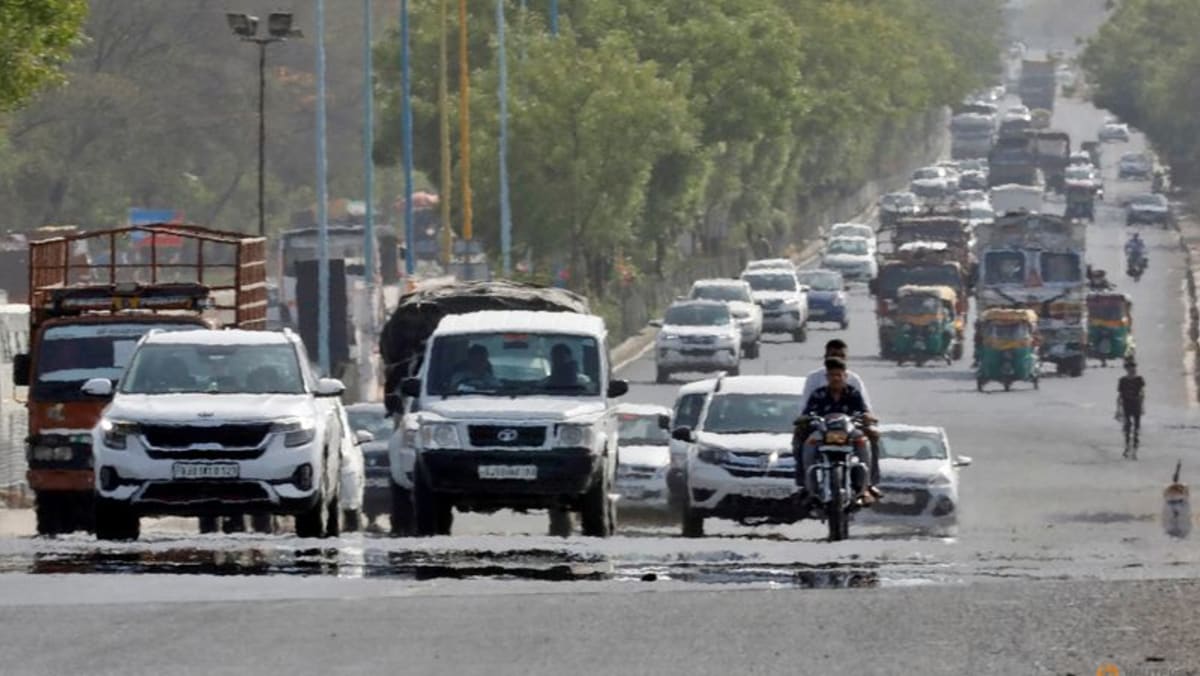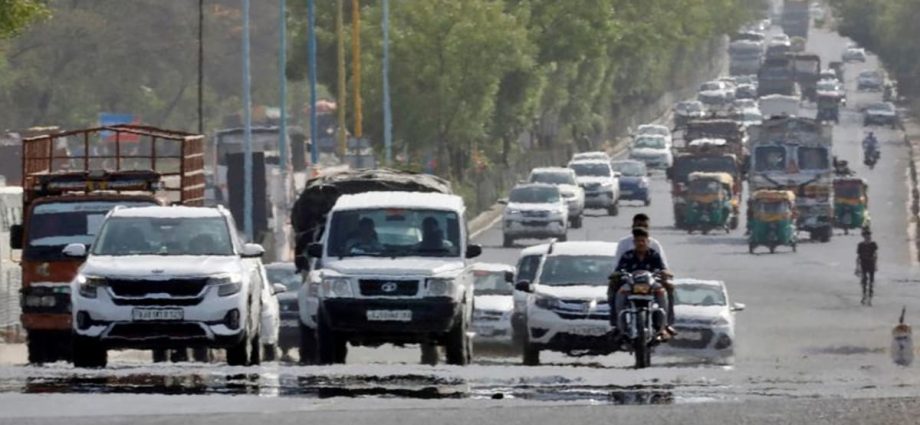
NEW DELHI: India on Tuesday (Feb 28) warned of an impending heatwave in many parts of the country over the next couple of months, urging states to be well prepared to manage any surge in “heat-related illnesses”.
Weather office India Meteorological Department (IMD) said there was an “enhanced probability” of a heatwave from March to May in many regions of central and northwest India.
“Above-normal monthly minimum temperatures are most likely during March over most parts of India except south peninsular India, where normal to below normal minimum temperatures are likely,” the Met department said in a statement.
Government officials warned last year that the South Asian country could see more frequent heatwaves in future and that average temperatures, even during the monsoon season, have been rising over the last two decades.
India suffered its hottest March in more than a century last year and temperatures were unusually high in April and May too, mainly due to climate change. The government said heatwaves were common mainly between April and June.
“Temperatures have already touched unusual highs at some places in the country,” India’s health ministry said in a letter, seen by Reuters, sent to all states and union territories on Tuesday.
“Substantial deviations from expected normal temperatures for this time of the year are also being reported from some states/districts,” the letter added.
For example, capital New Delhi recorded a maximum temperature of 32.3 degrees Celsius on Monday – a deviation of seven degrees from normal temperatures for this time of the year – according to IMD.
The government directed health departments across the country to implement “heat-related health action plans”.
This includes ensuring the presence of adequate medical and health staff and reviewing the preparedness of facilities, availability of essential medicines, intravenous fluids, ice packs and other necessary equipment.
All health facilities have been asked to conduct daily surveillance of heat-related illnesses from Wednesday, and should record cases and deaths relating to heat, the government letter added.

